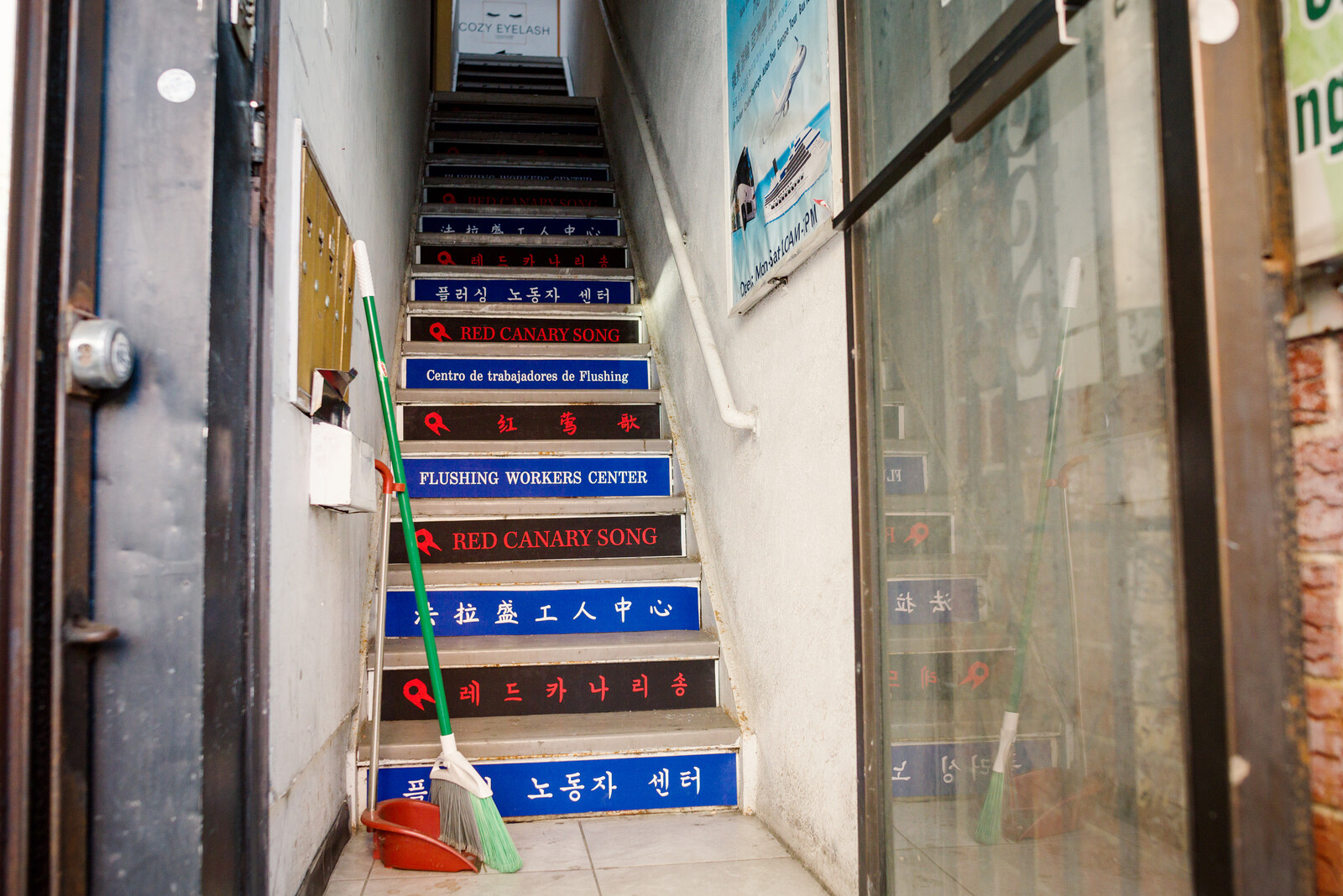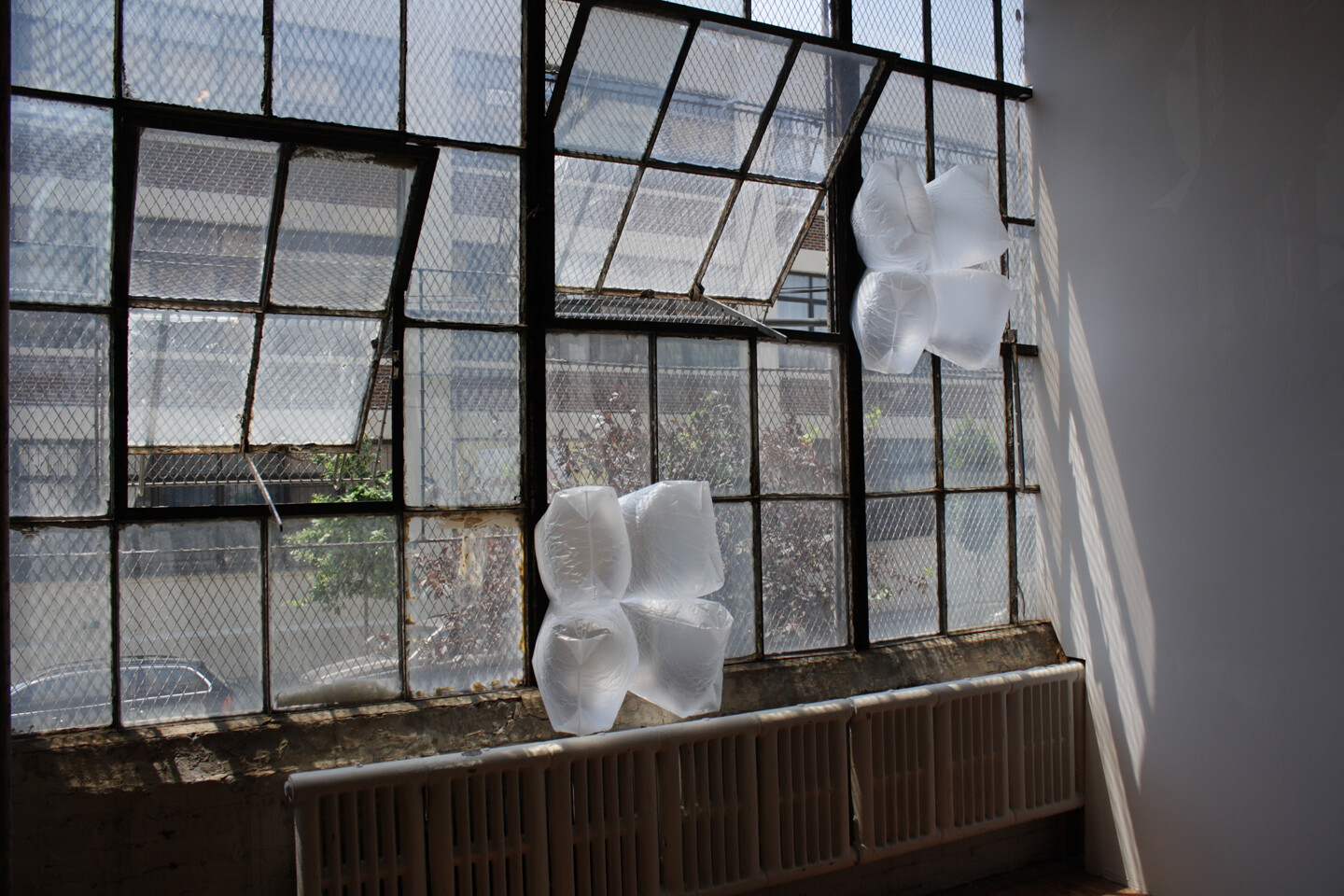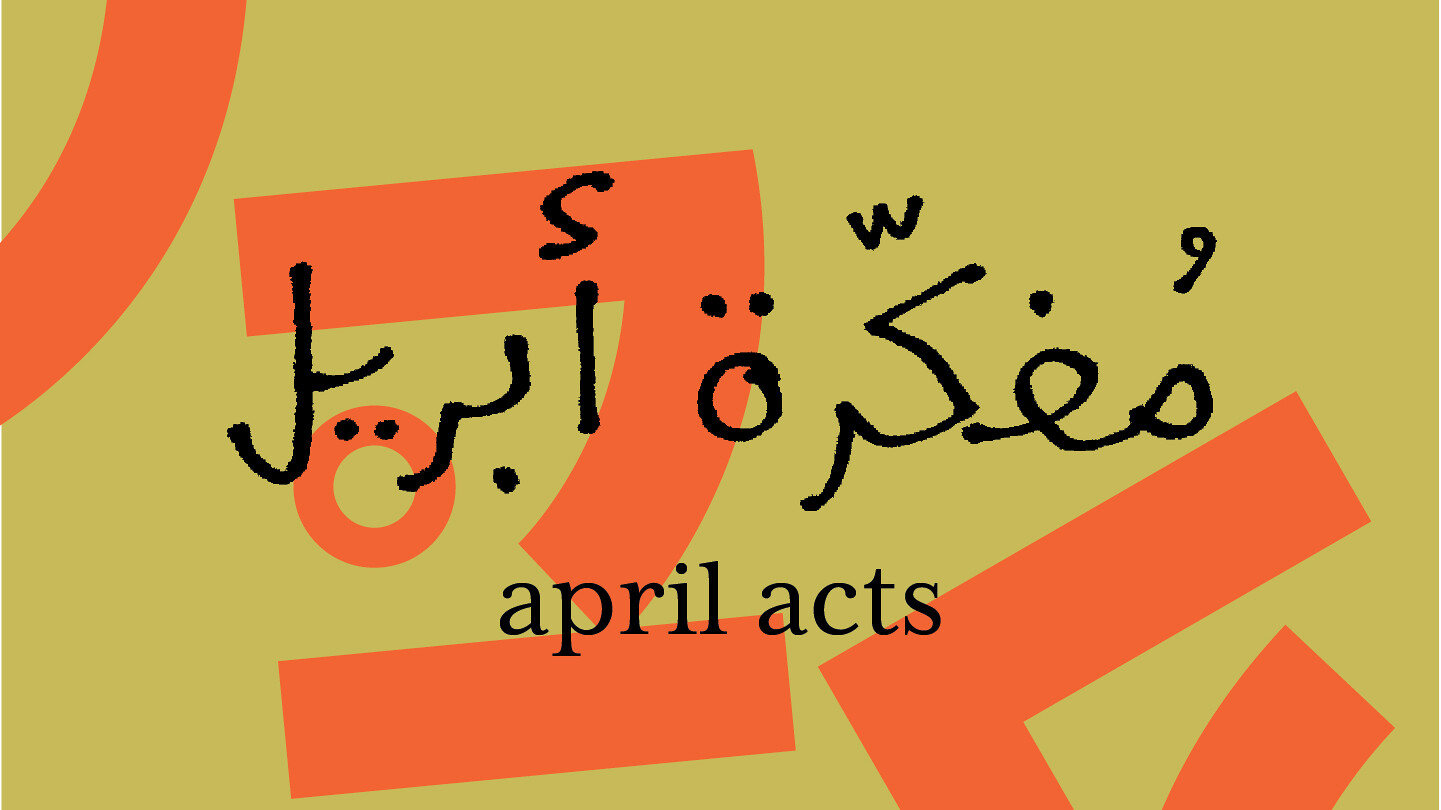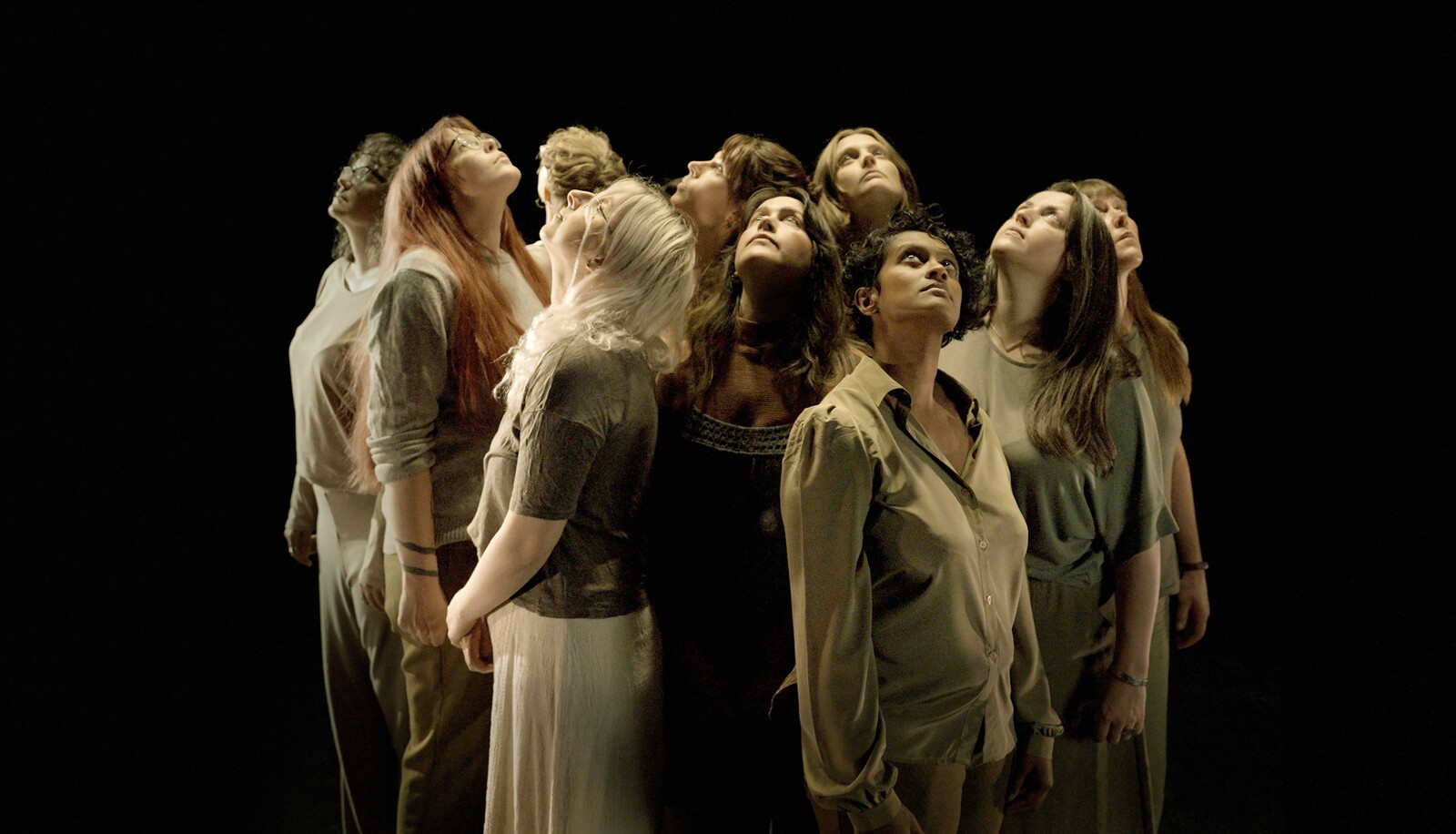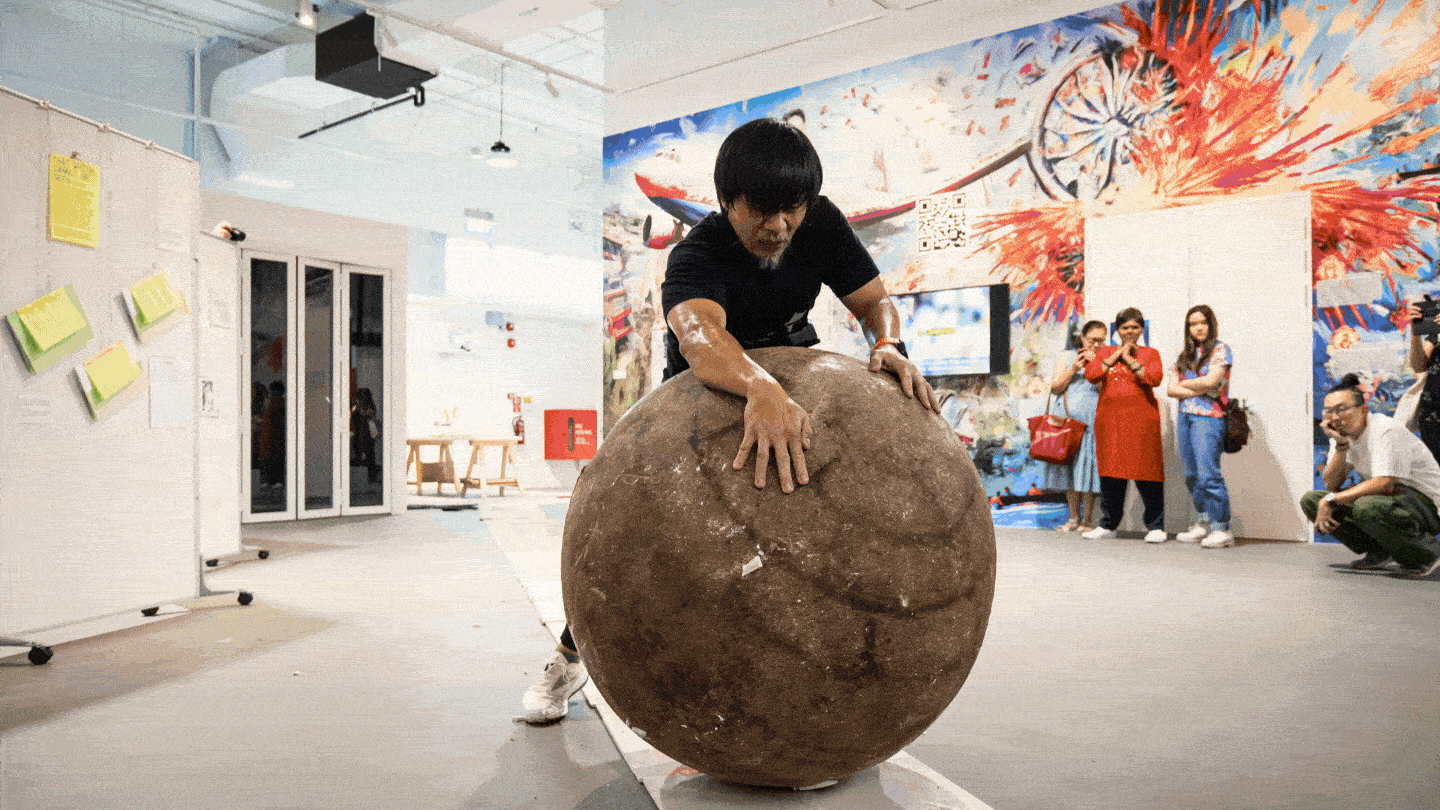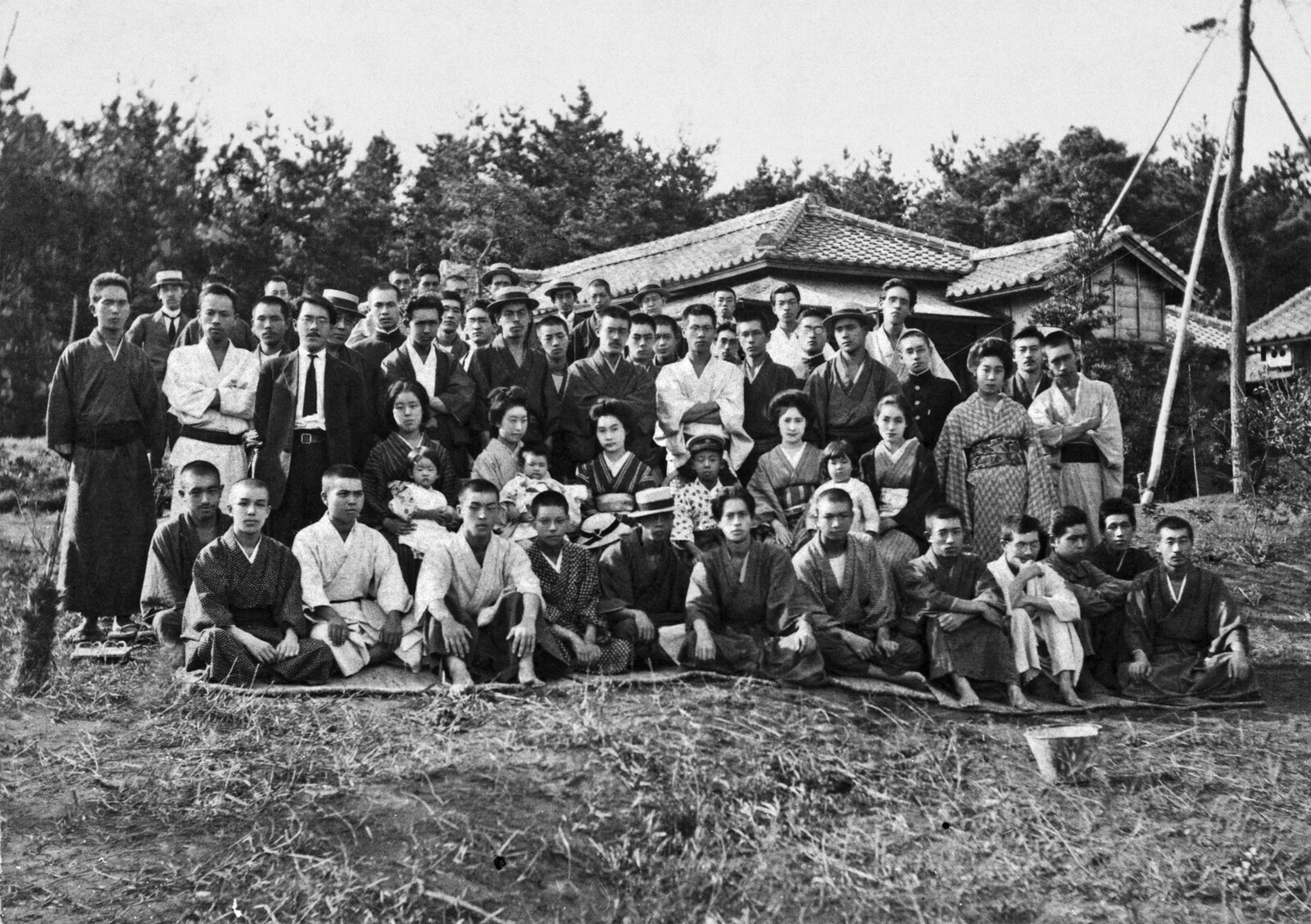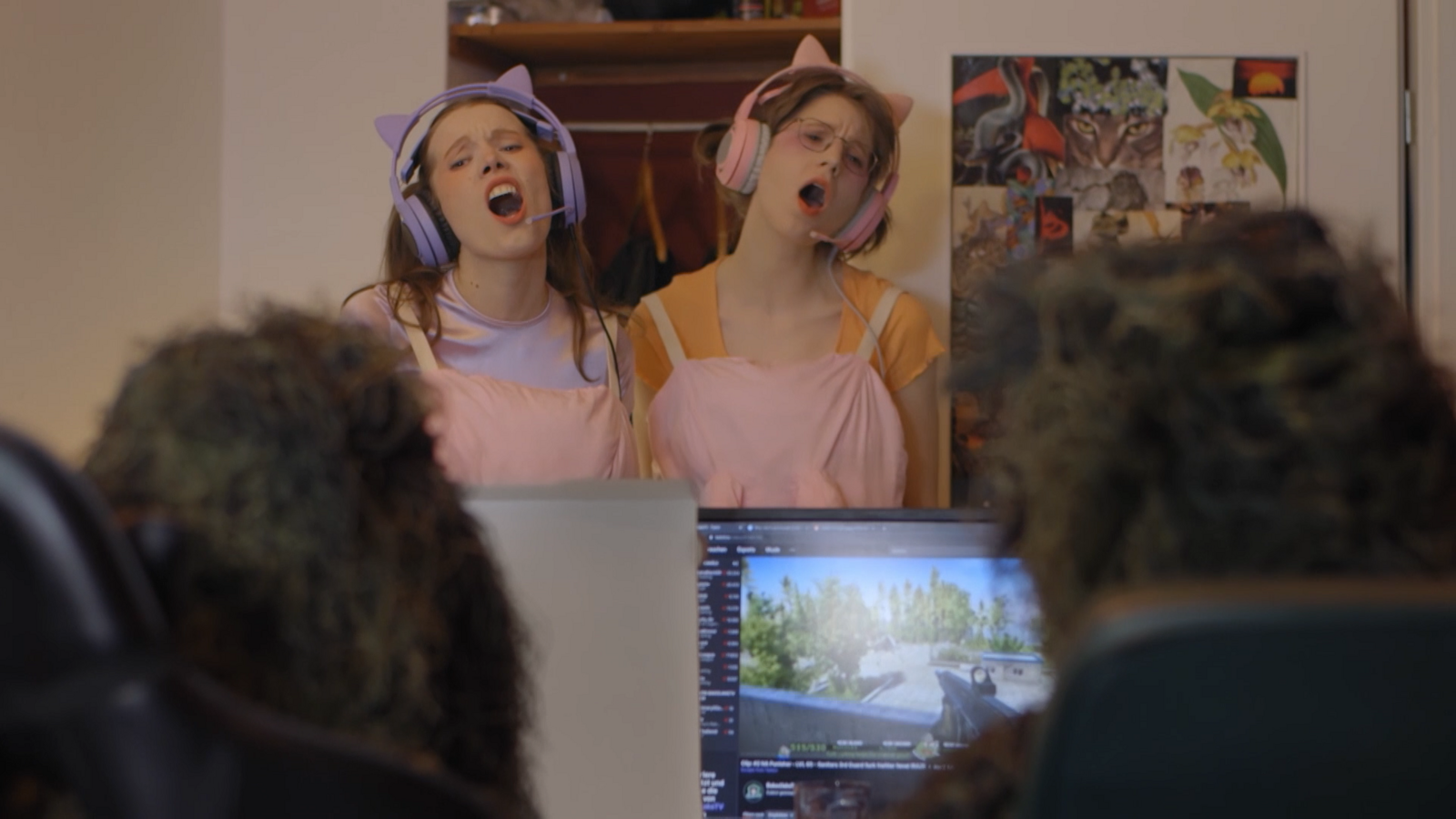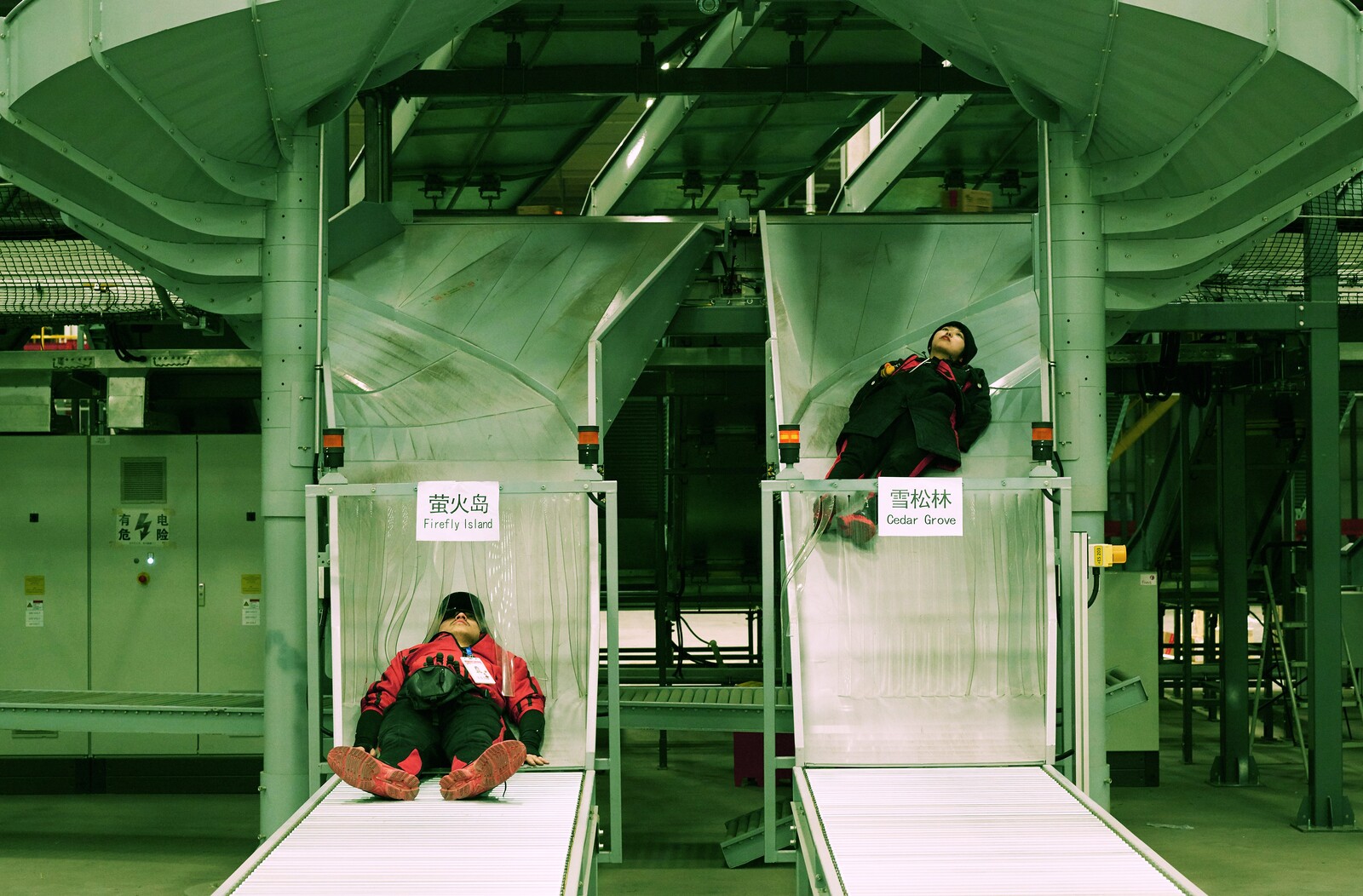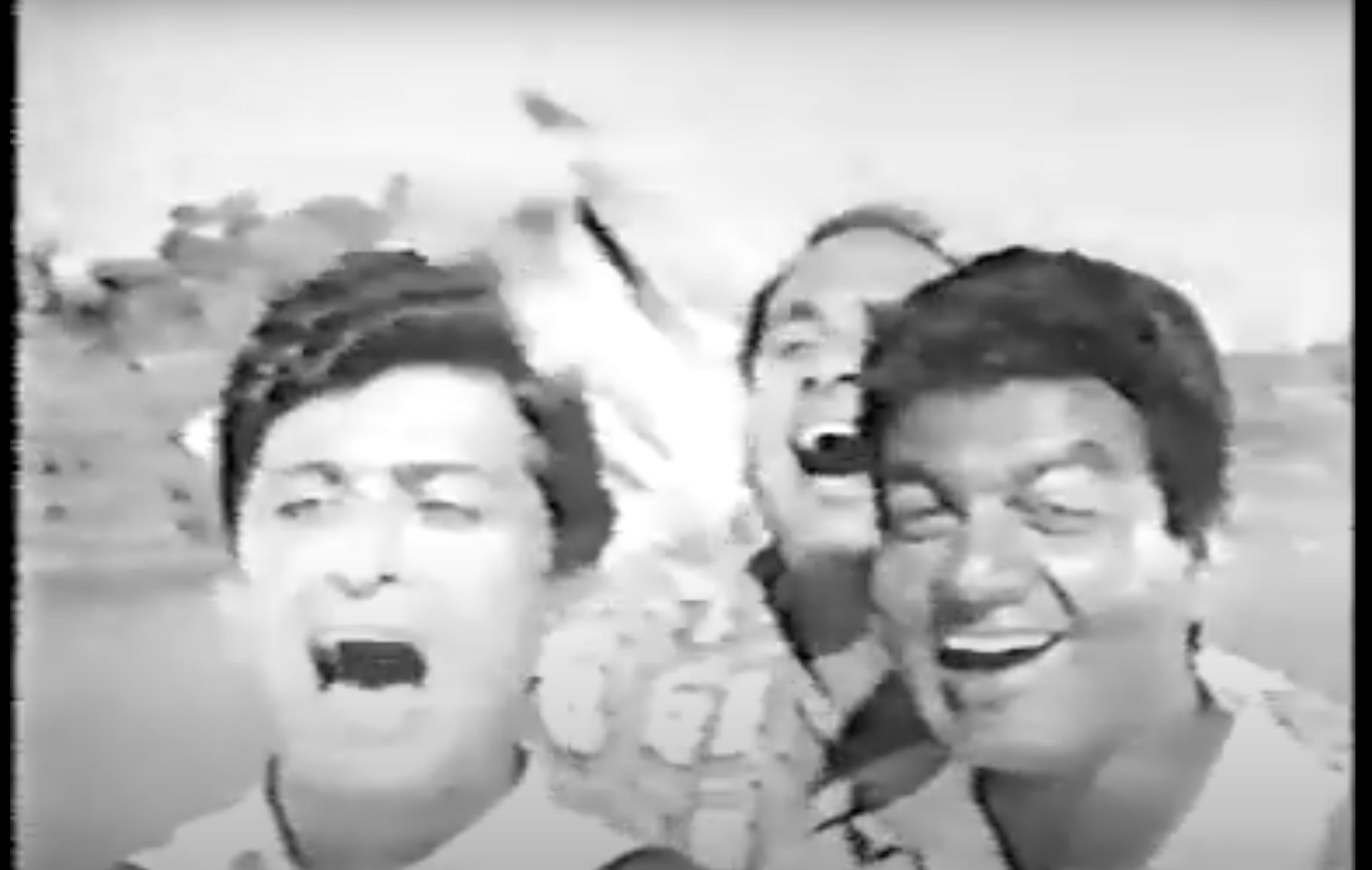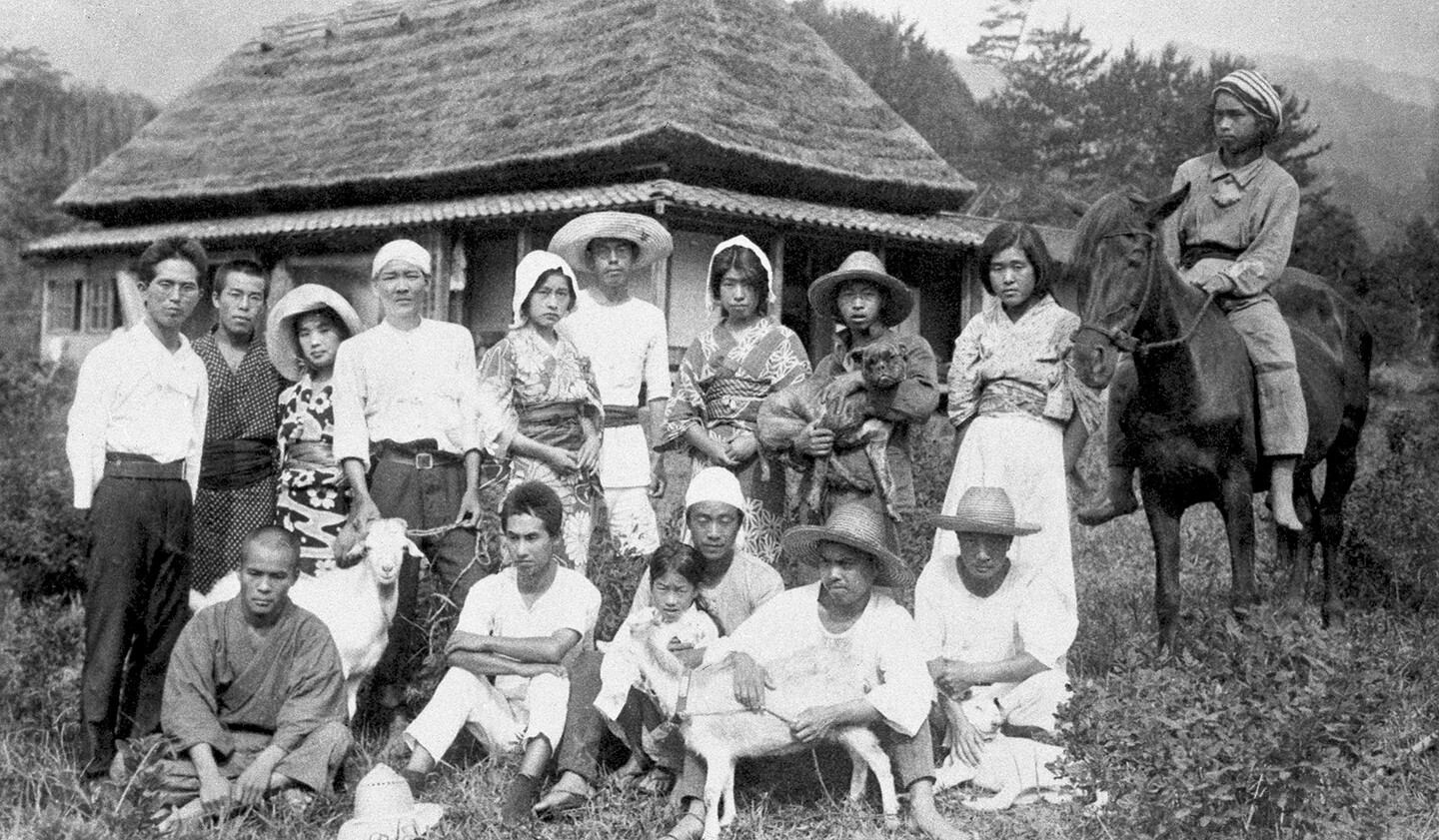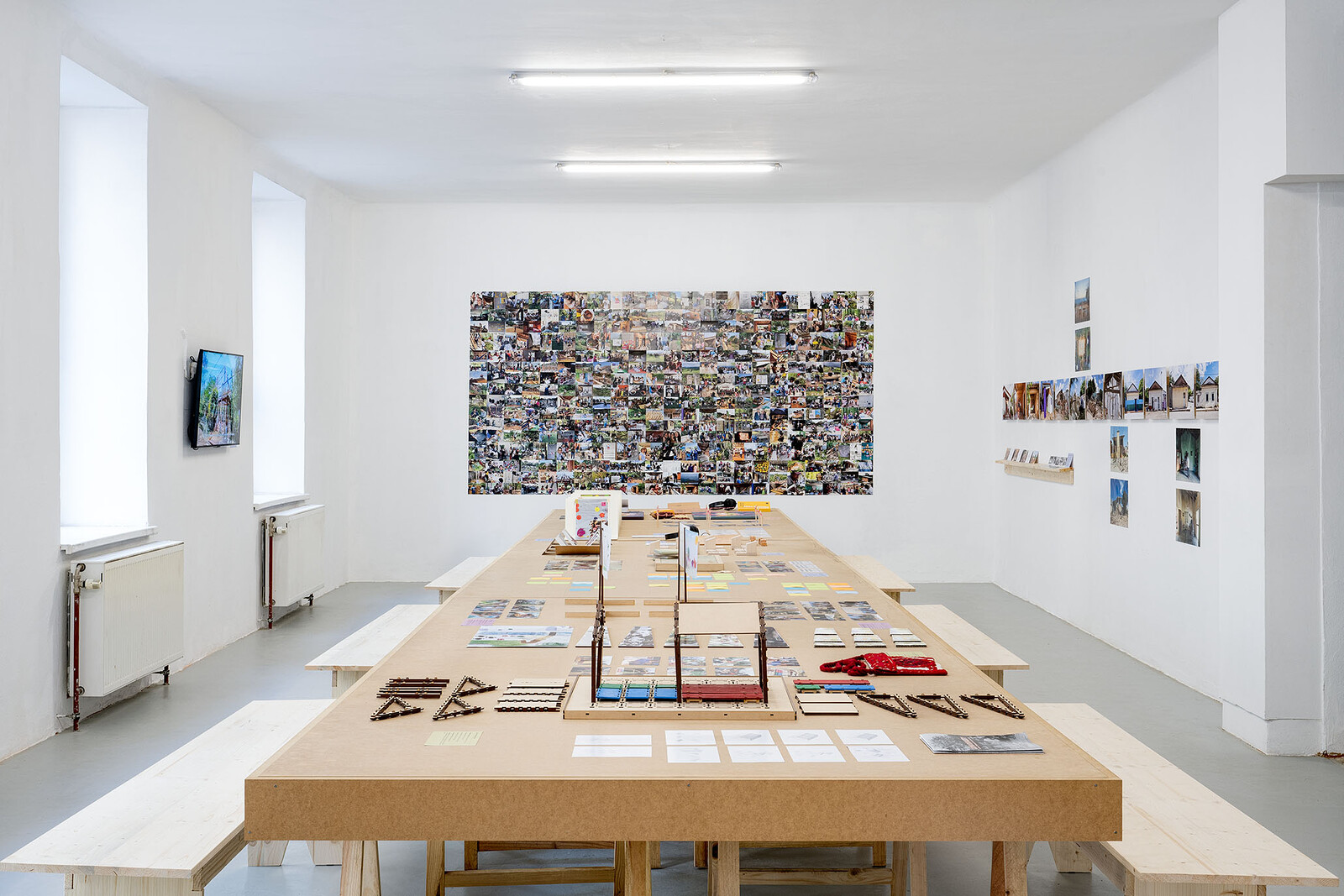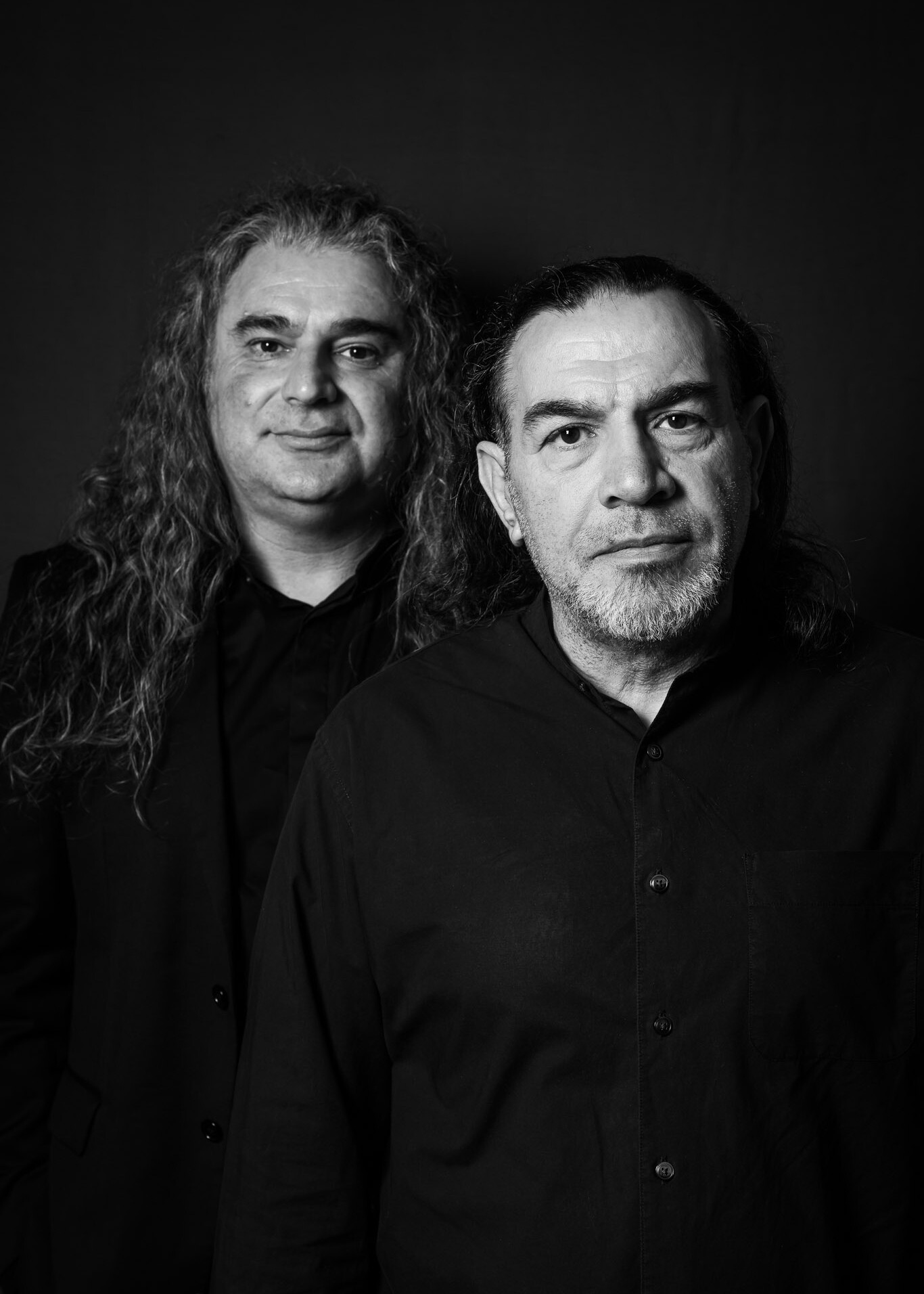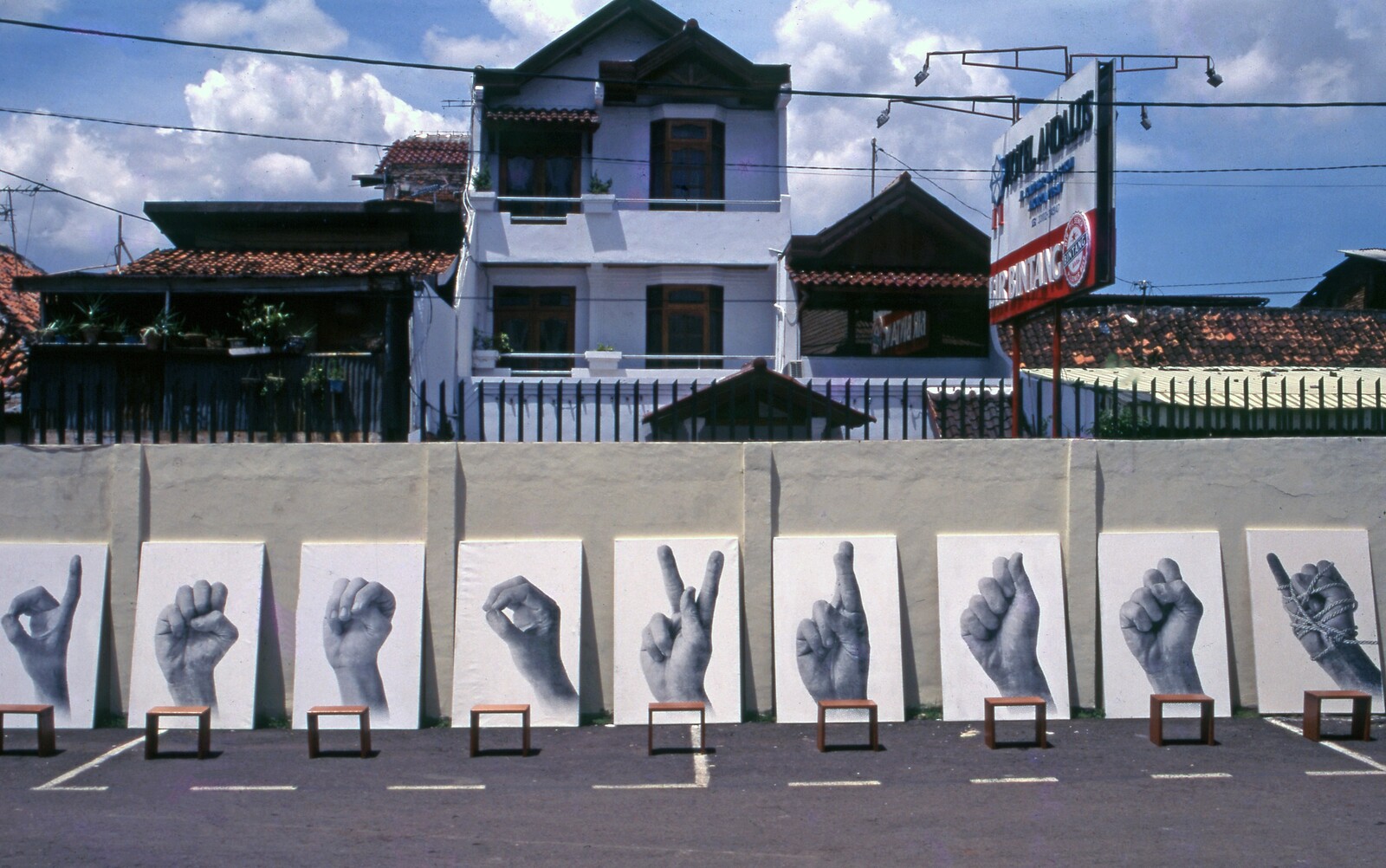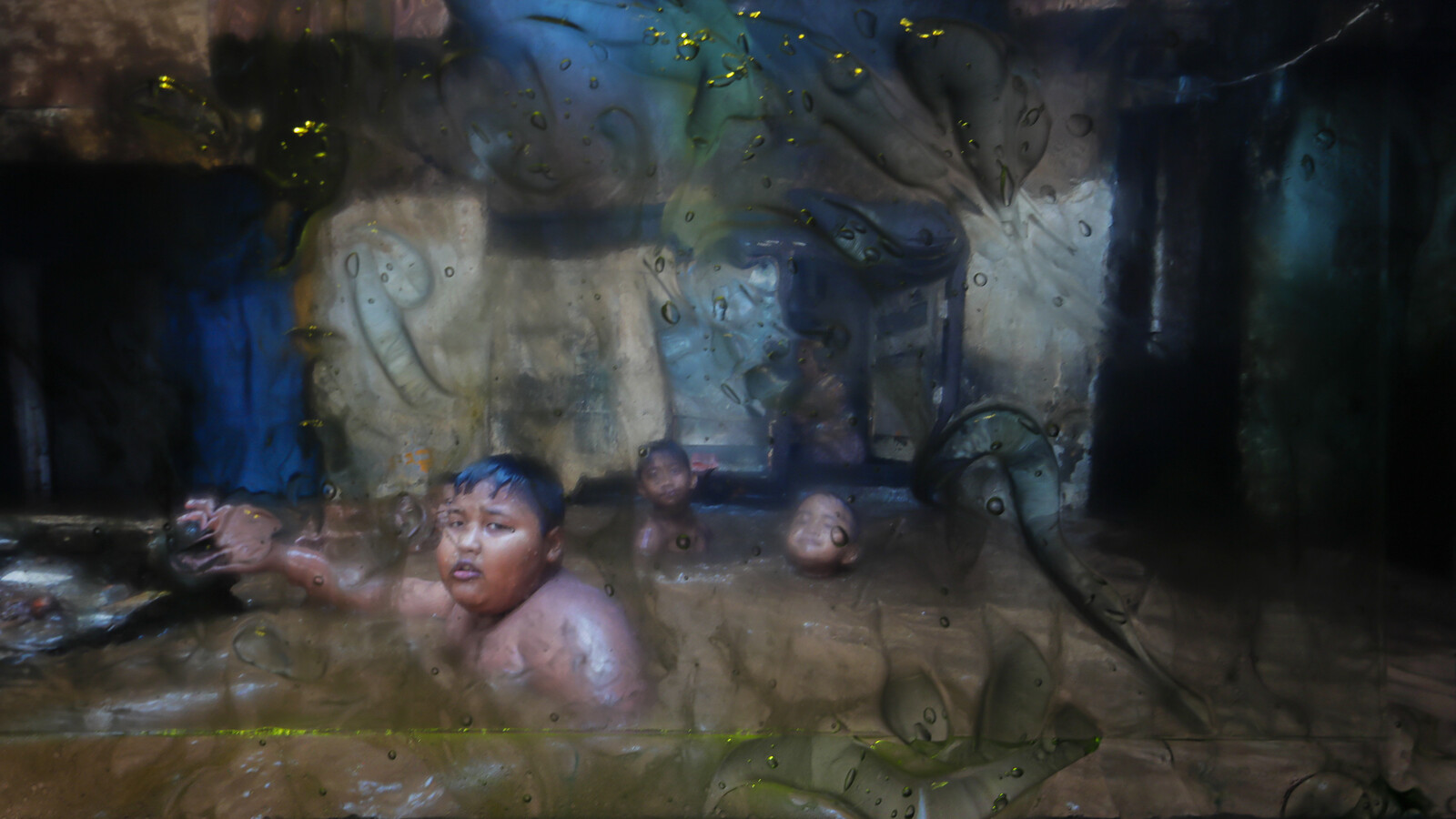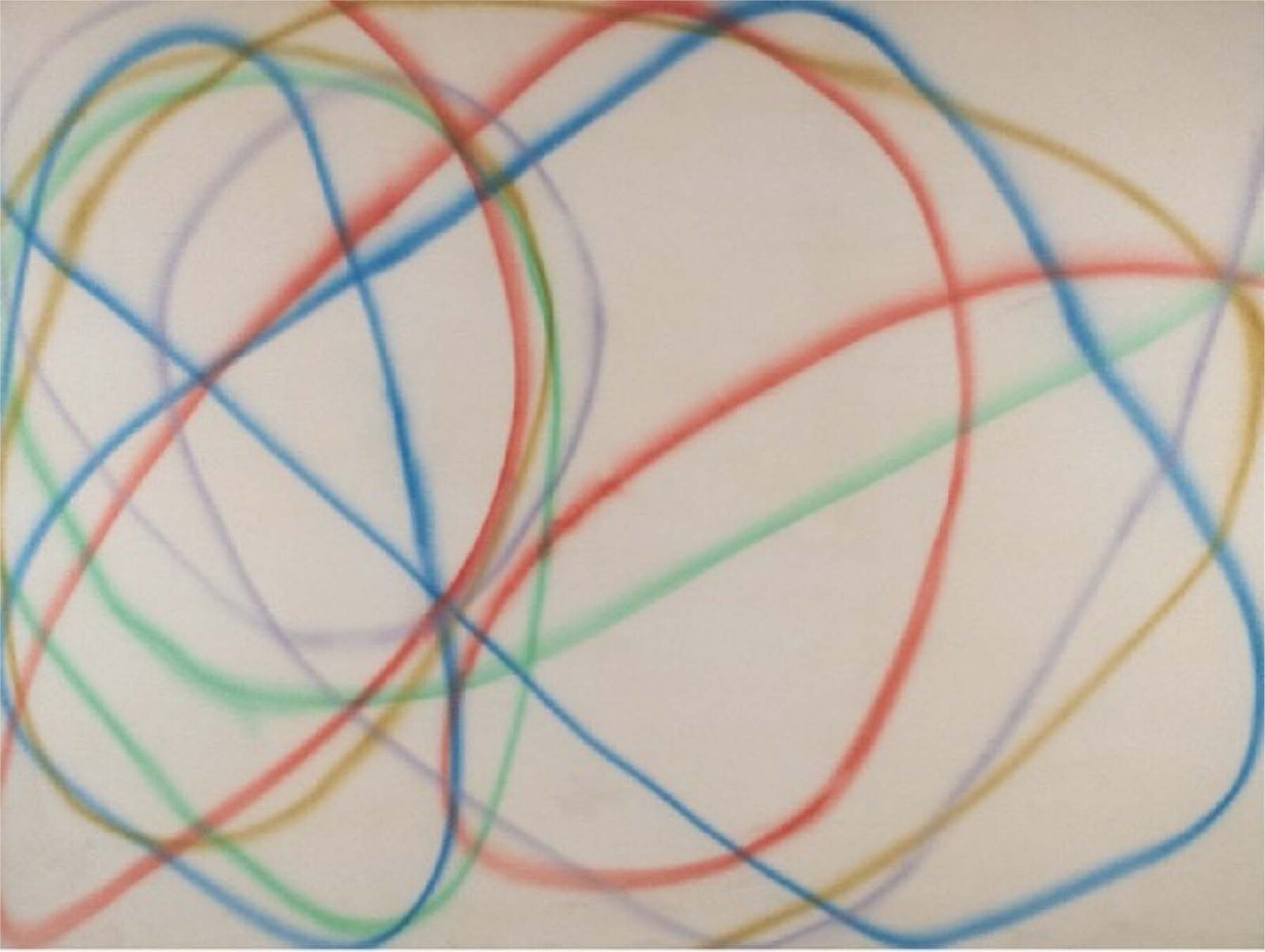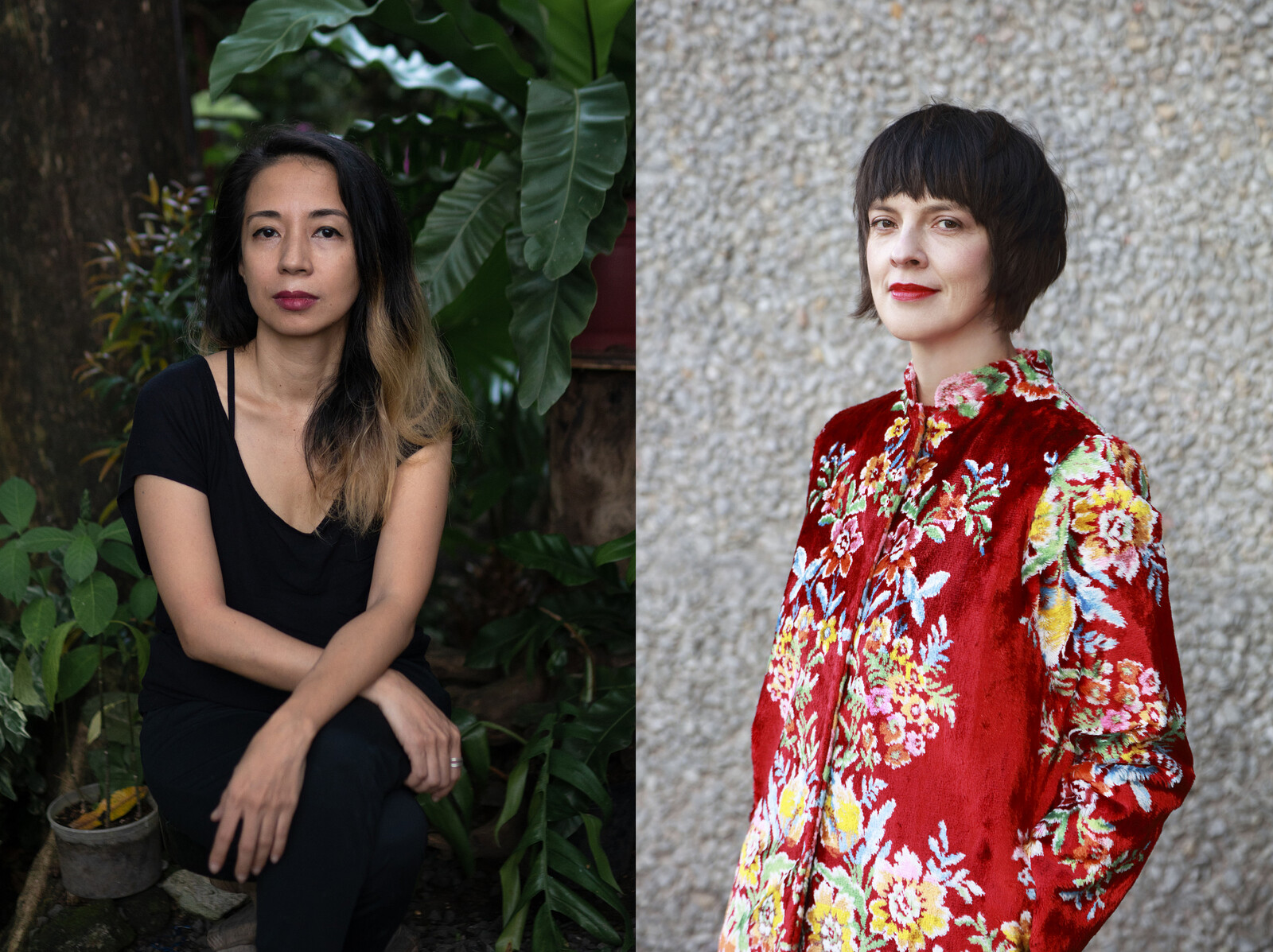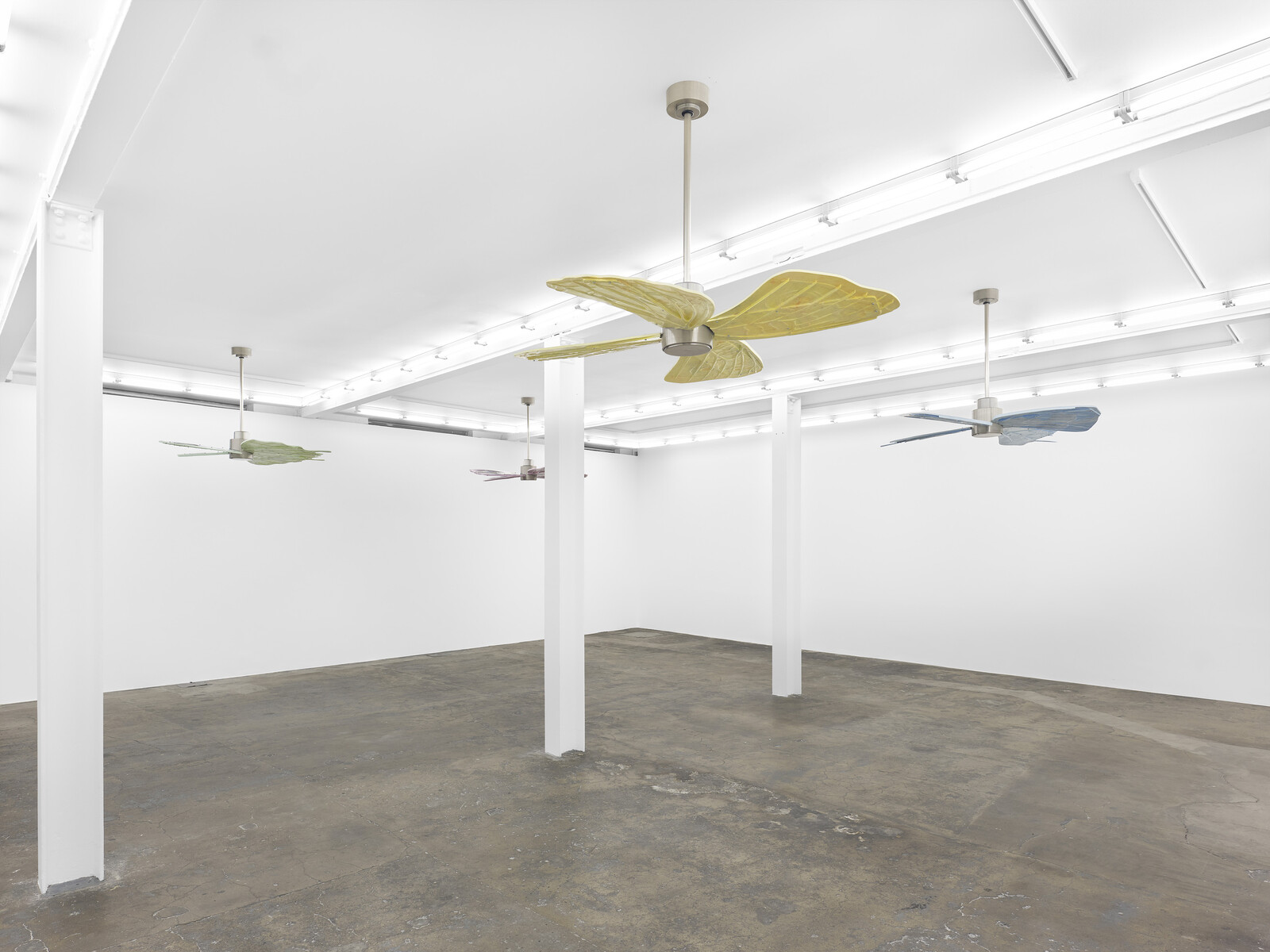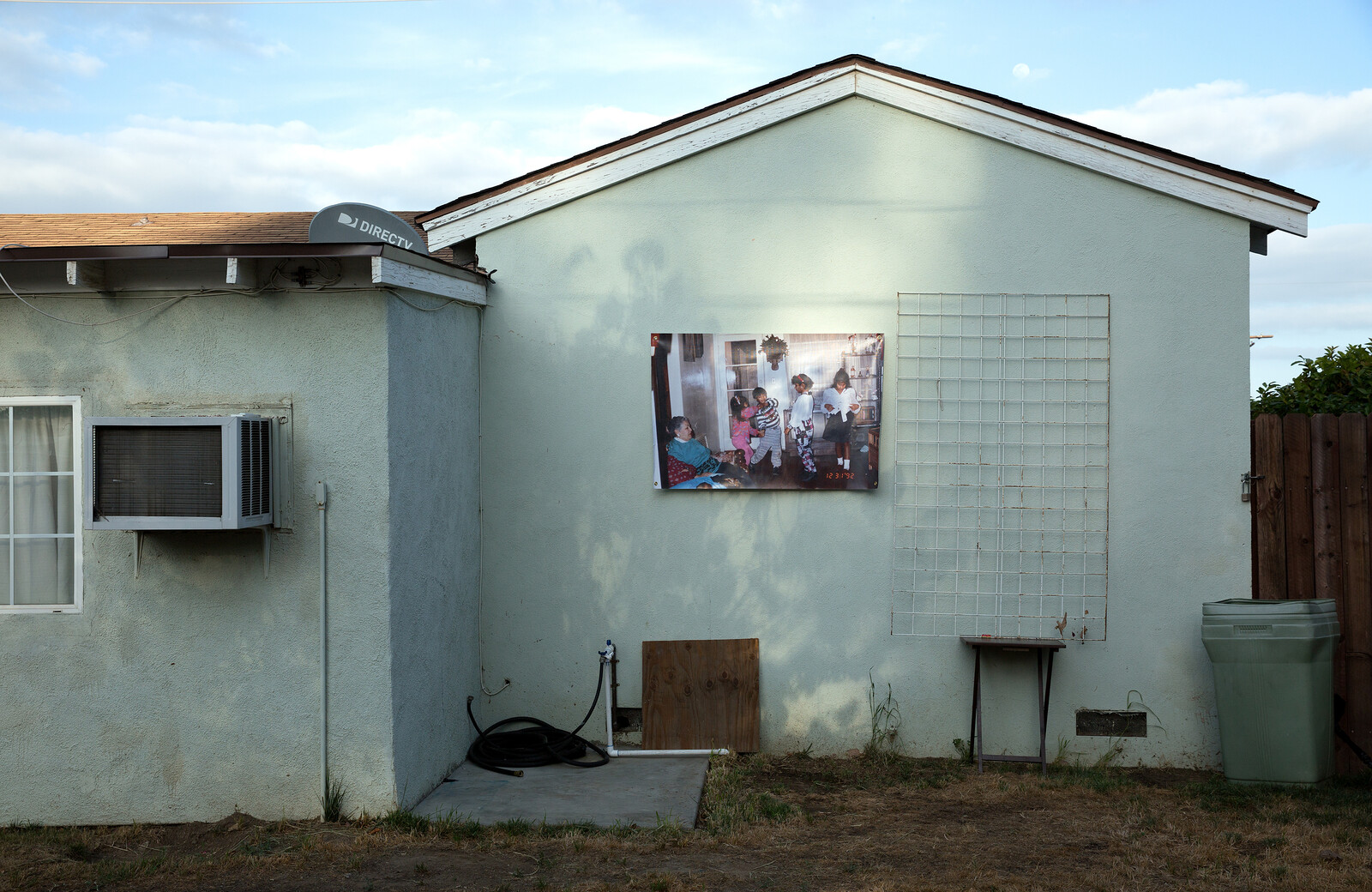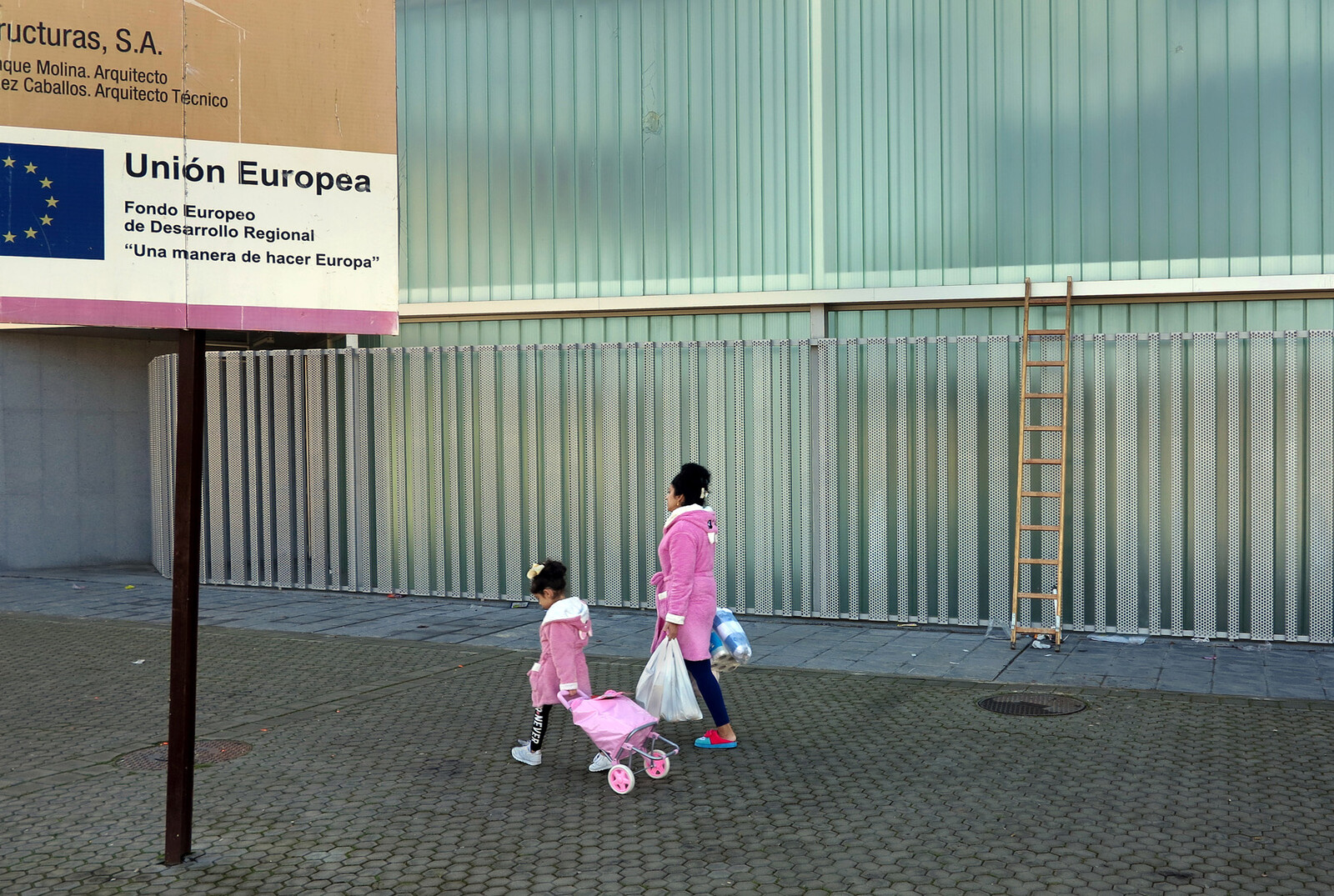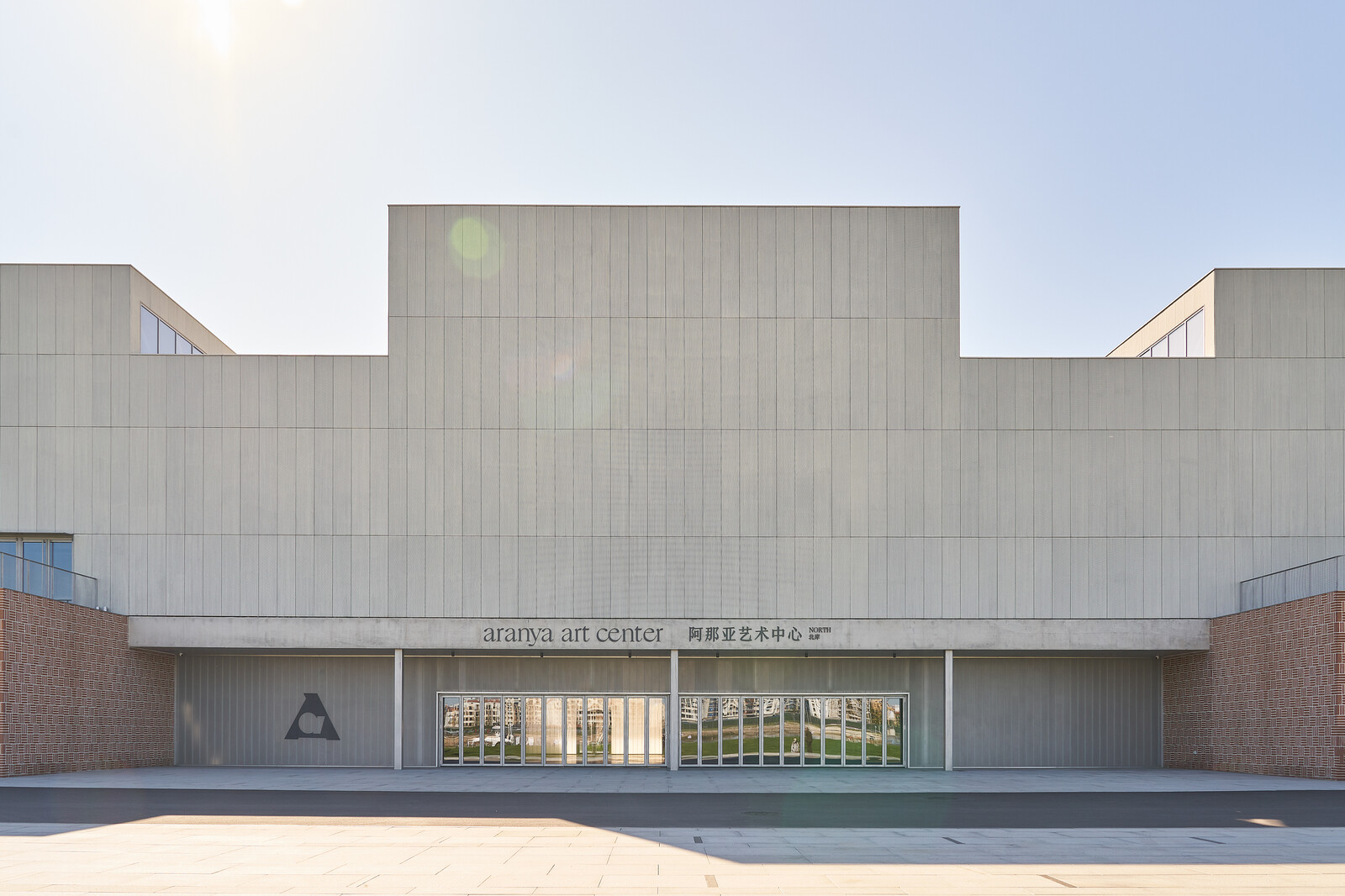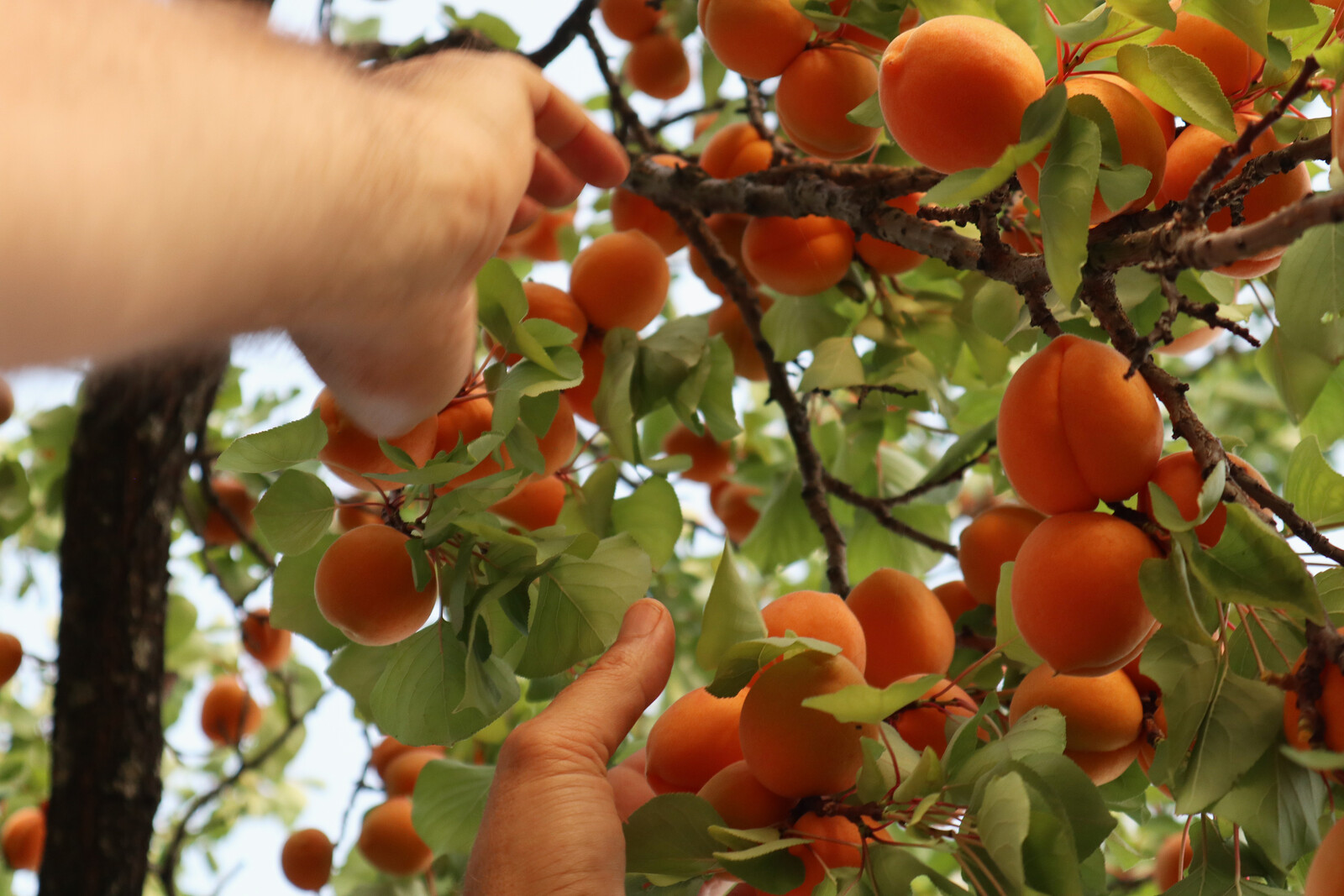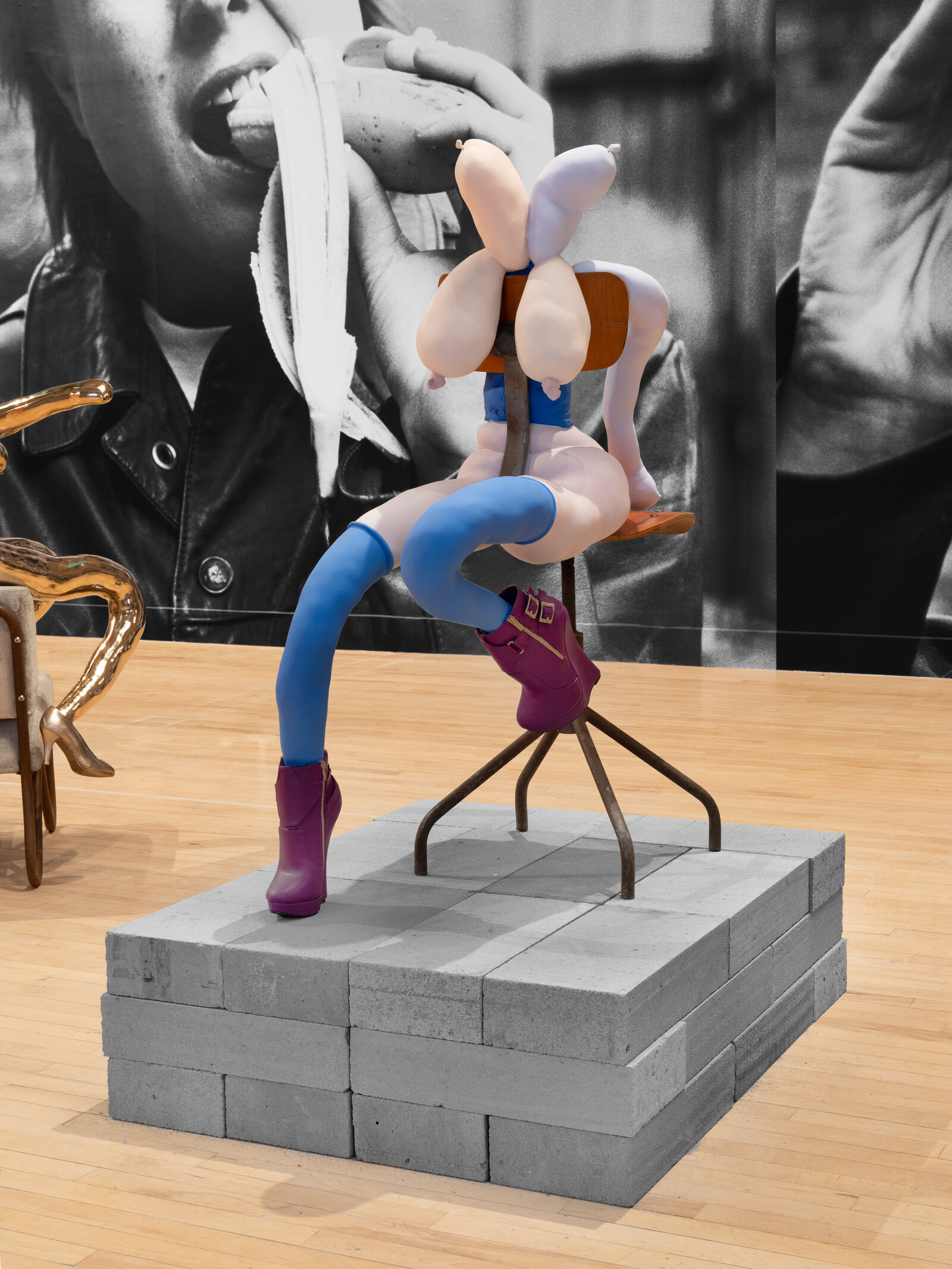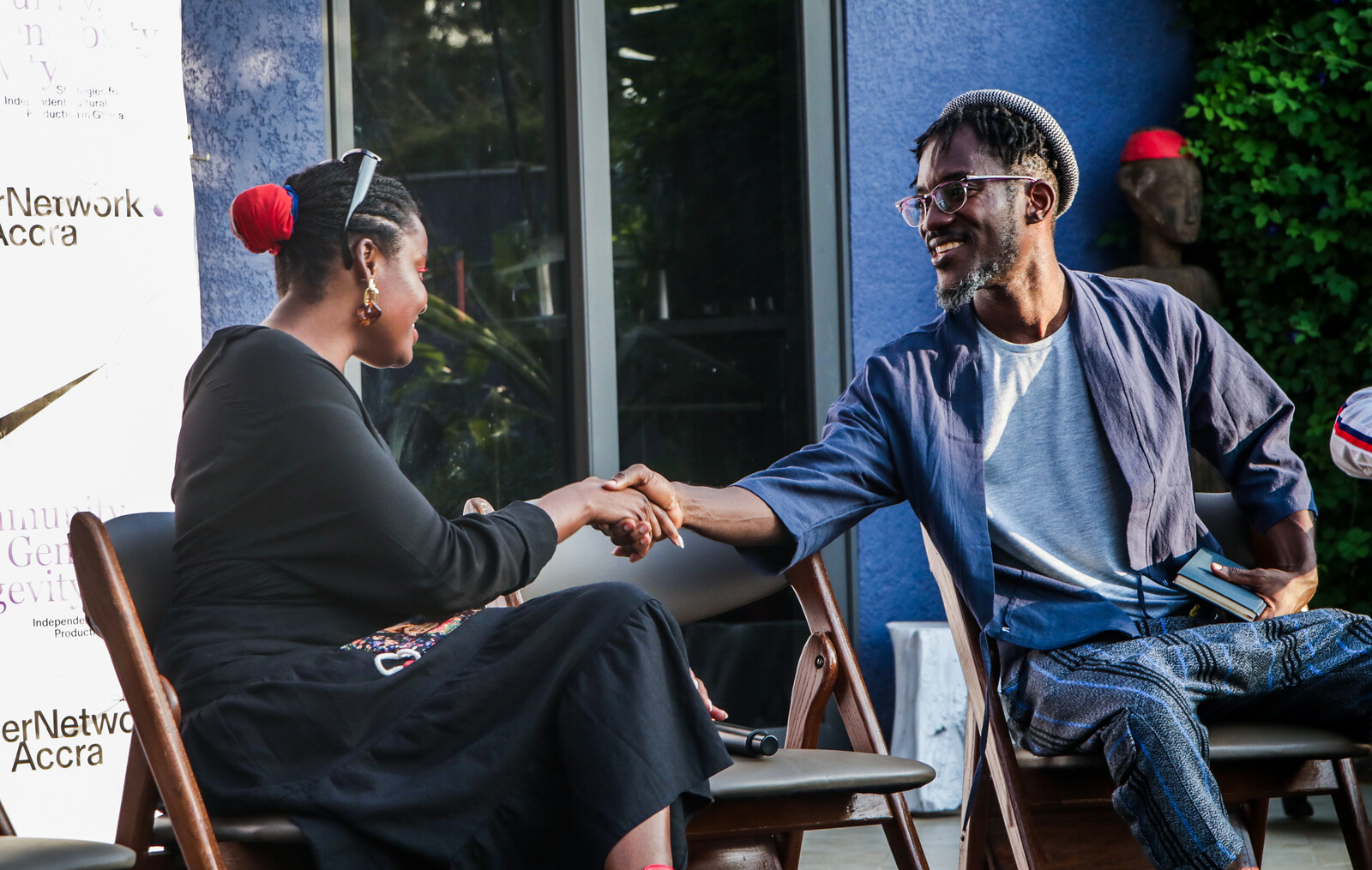Ou Ning, The Agritopianists
In order to reconcile social contradictions and avoid violent revolution, Mushakoji Saneatsu walked a third road beyond capitalism and socialism. He supported collective ownership of property, but opposed class struggle; believed in freedom, but did not accept competition; he advocated for necessary labor, but paid attention to people’s leisure; he pursued anarchist egalitarianism, mutual aid, and cooperation, but abandoned any associated violence. He emphasized personal will and opposed oppression; with the ideal of humans across the world following their destinies, he resisted nationalism and ethnocentrism.
The current art economy offers little incentive for artists to commit to long-term engagement with communities, as such efforts do not easily translate into professional cachet. Nor does the economy reward artists who share ownership or authorship through collective maintenance. In such an unrewarding environment, artists who commit to long-term change and communal collaboration effectively take the activist approach, making personal investments to pursue the social change they desire even though there is no promise of financial or other returns. This is a systematic inadequacy.


